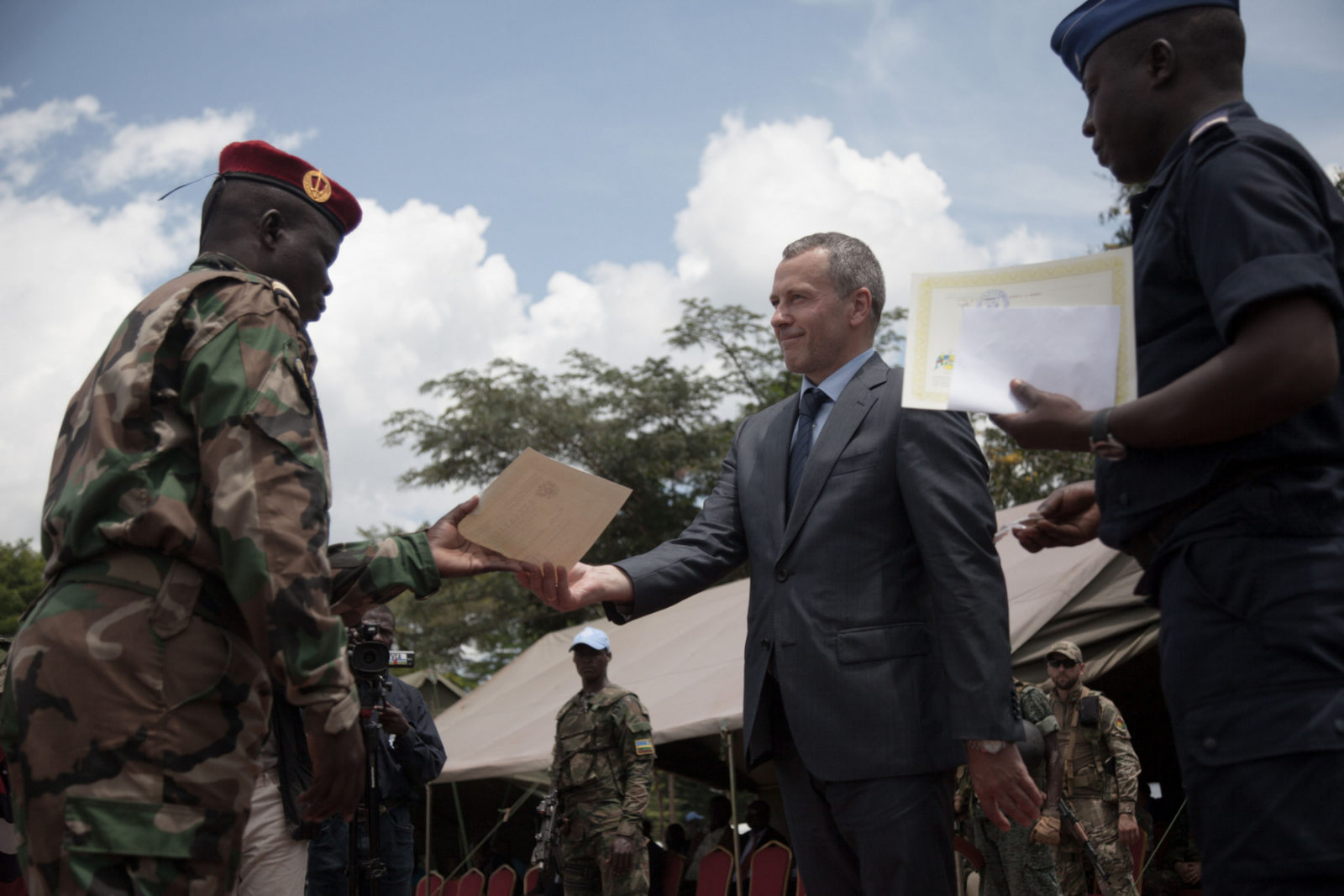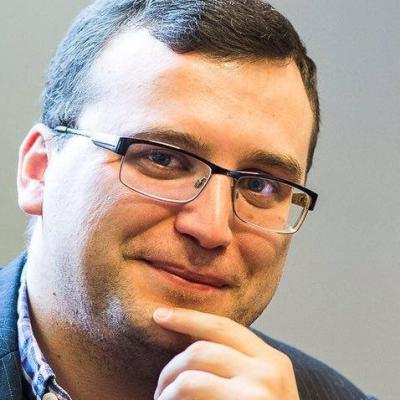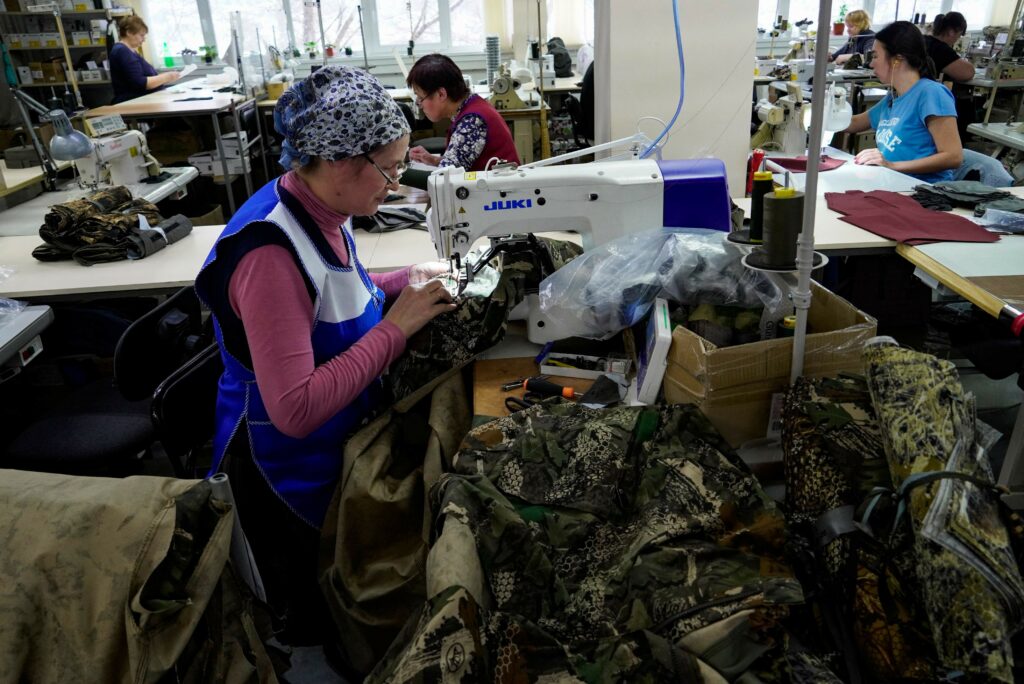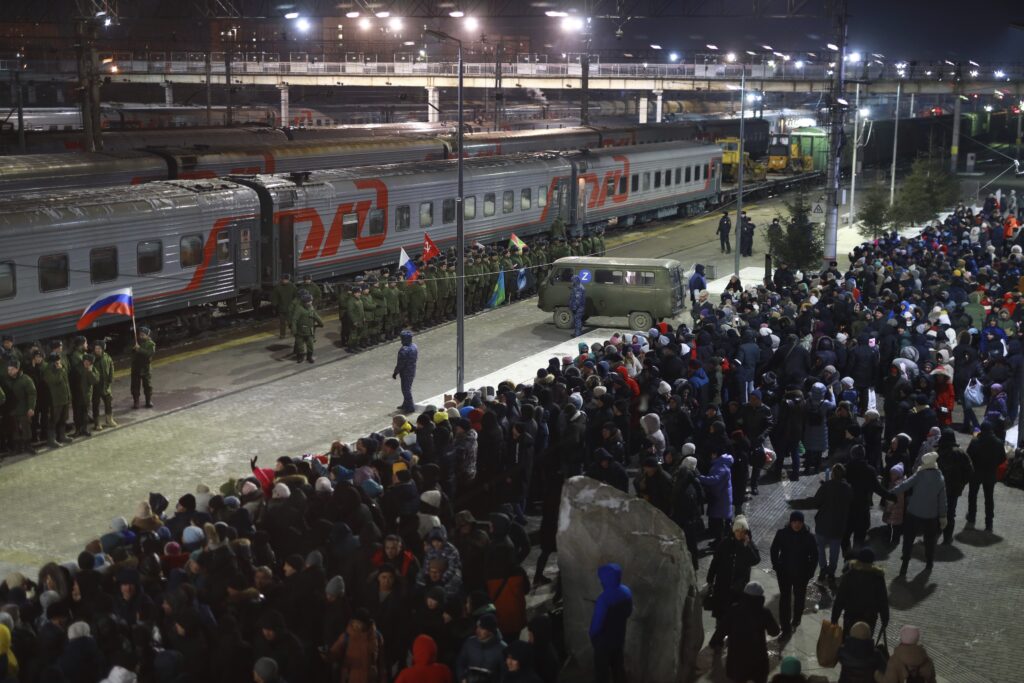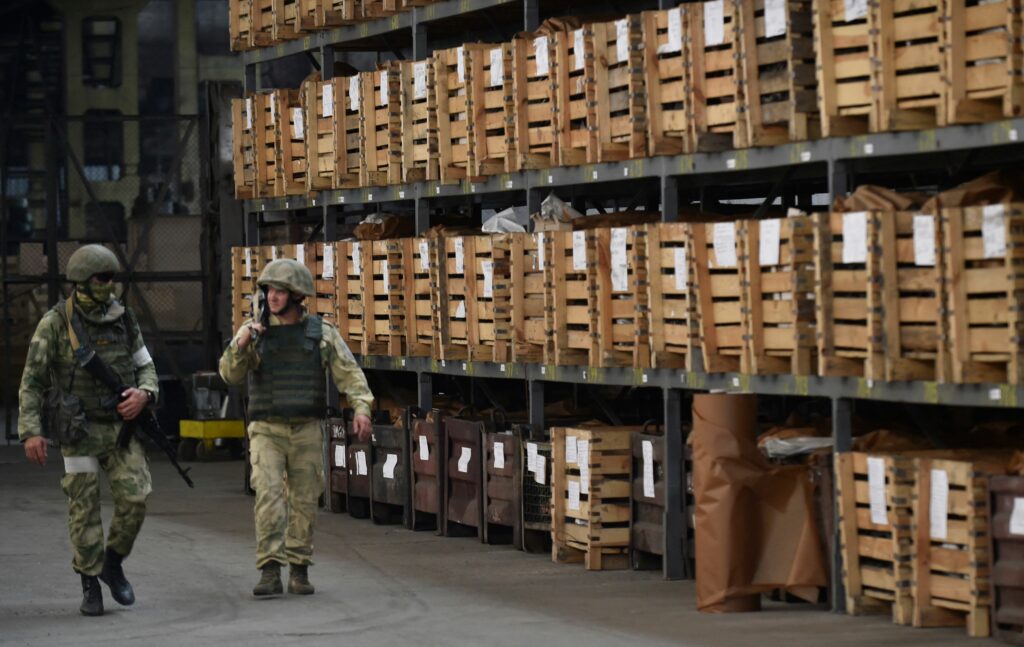Alexander Rastorguev, Kirill Radchenko and Orhan Dzhemal were killed in the Central African Republic (CAR) on 30 July 2018. They were working on a film about Russian mercenaries. The question of who committed this crime is crucial. Yet details still remain unclear.
Russia has since signed a military cooperation agreement with the CAR on 21 August. This was a major step in the Kremlin’s rapprochement policy with the republic. The Kremlin had first pushed for this a just a few months earlier. It is worthwhile looking at why Moscow decided to get stuck into the CAR. And on a more general level, why Russia is trying to strengthen its role in political and military affairs in Africa.
A false trail: raw materials
In the autumn of 2017, the Kremlin intensified its ties with the CAR. Among other things, it wanted to cooperate in the development of natural resource extraction. (The CAR’s government hardly controls the capital city, and is in need of strong-handed partners.) Since the end of January 2018, with the consent of the United Nations, Russian arms have been supplied for the CAR army and police. Moreover, five Russian officers and 170 civilian instructors were officially sent to the CAR. There is no evidence that the latter belong to any private military company. Yet, there is evidence that they belong to the troops of mercenaries from the so-called ‘PMC Wagner’, which is not a private military company. Furthermore, a Russian national Valery Zakharov became a security adviser to the president of the CAR.
Things seem to be falling into place. The CAR is a large (623,000 sq.km), sparsely populated (4.5 million people) and poor failed state in the heart of Africa. This country has some natural resources, e.g. diamonds, gold, uranium, etc., and a need for weapons. And Russia is interested in these natural resources. Neither is it too concerned with the capacity or reputation of certain rulers. Has Moscow decided to take advantage of the chaos in the Central African Republic? For this reason, maybe, it is ready to conduct business not only with the country’s formal leaders. It also appears content to work with those who control the situation ‘on the ground’.
But, this is a simplified and, as such, incorrect view of the Kremlin’s motivation, based on misconceptions about the economy of the CAR. In 2016, the official export of gold and diamonds from the CAR reached merely USD 3 million. That is out of a total export figure of USD 166 million. The main export revenues come from timber, agriculture and resale of trucks and automotive parts. Various groupings which control the Republic sell valuable raw materials. But the proceeds from these transactions are not significant. Moreover, illegal diamonds get sold at a far lower price.
All current revenues from diamond and gold exports from the CAR are not enough even to pay the salaries of the 170 ‘civilian instructors’ sent by Russia. The security services for President Faustin-Archange Touadéra are even more expensive.
The minerals present in the CAR are based mostly on estimates rather than proven deposits. Here is an interesting illustration: in 2007, the French company Areva spent USD 2.5 billion to buy UraMin, a start-up which owned uranium deposits in Namibia, South Africa and the CAR. The potential of the fields was based on estimates and UraMin itself did not even begin to develop them. As a result, together with the losses caused by falling uranium prices, Areva had to write off almost USD 2 billion from the value of acquired assets. Incidentally, it is much easier to explore the potential of any raw material deposits in Namibia and South Africa than in the CAR.
There are better clues found when analyzing Russian companies in Africa. Lukoil operates in Egypt, Cameroon, Nigeria and Ghana. Most of its operations are via joint ventures with local or foreign companies. Rosneft is present in Egypt and Mozambique. Alrosa mines diamonds in Angola and Botswana through joint ventures. Since 2013, it has undertaken very cautious collaboration with a local state-owned company in Zimbabwe. Rosatom produces uranium in Tanzania. Renova has assets in South Africa and Namibia. None of these or other similar companies will even look to the CAR in the foreseeable future. So one should stop imagining that the Kremlin’s goal in the region is about access to natural resources.
Trading with presence
Of course, 170 people are nothing compared to almost 12,000 people from the UN peacekeeping forces in the CAR. What can they do in a place where the ‘blue helmets’ are almost powerless?
The Russian losses in Syria have shown that the fighting efficiency of units in a failed state is ephemeral. Even after training with foreign advisers and instructors. Advisers in turn have to join the battle fought by their ‘students’. Many of those they instruct still retreat at the first opportunity. A failed state destroys any complex human interactions within its borders. This situation can only be overcome through many years of work . Reconstructing key political, economic and cultural institutions takes time. However, Moscow has no experience and resources for such work. It is not even interested in undertaking this kind of endeavour. This means all training and supplies of weapons for the CAR army and police will entail the participation of Russian instructors in combat operations. This was also the case in Syria.
However, the official military option for the Kremlin entails great political and financial costs and risks. The Russian government always holds such an option back until the last moment. Also in Syria, the main Russian losses were connected with unofficial fighters, i.e. mercenaries, who had fought there long before September 2015.
Private military companies (PMCs) do not have the right to participate in hostilities. The real Russian PMCs are no exception to this. However, mercenaries from the so-called ‘Wagner Group’ or ‘Wagner PMC’ are a different story. Such groupings can have any name, in fact. The fact that the ‘Wagner Group’ is connected with Yevgeny Prigozhin, a person close to Vladimir Putin, should not be misleading. Quite likely, Prigozhin’s role in this story is to be a ‘sanitizer’ who takes on all the dirty dealings and risks associated with mercenaries. The Russian authorities and special forces will not allow any private initiative here, even if it comes from the President’s closest friends.
Accordingly, Russian ‘civilian instructors’ in the CAR are not restrained by any legal framework. This is unlike the UN Peacekeepers or other official military or PMC staff. They can easily take part in combat operations without wasting energy on related humanitarian issues. Salaries motivate them. They are provided with weapons and equipment, as well as adequate hygienic conditions, which means that even a few dozen people can be dealing with any of the many Central African armed groups.
Extensive experience gained by Moscow in Chechnya, Donbass and Syria can reap rewards. The essence of this experience is that when it comes to field commanders and local leaders, the preference is given to those who are relatively strong, but capable of negotiating. Formally, they can declare peace and loyalty to the central authorities. But in reality, their power is preserved ‘on the ground’. There are always two main issues here: the size and form of ‘commission’ for each of the parties, and the duration of the deal.
It seems that Russia expects this kind of scenario in the Central African Republic. The government of President Touadéra, with Moscow as the mediator, might strike an agreement with some field commanders who were previously members of the Séléka Muslim movement in the north-east of the country. A similar situation already exists in the territories that are effectively controlled by the militants of the Anti-balaka movement.
In response to Russian arms supplies, the groupings of the former Séléka fighters began to receive weapons from neighbouring Sudan, a country that also has special relations with Russia. This indicates the militants’ willingness to bargain. The local gold and diamond mines should be enough to please the primitive notions of ‘the beautiful’ harboured by the leaders of local formations, and people surrounding President Touadéra. It is possible that a couple of Russian citizens with short haircuts will improve their well-being in spectacular fashion. But it will be a premium for taking such a risk.
The problems faced by ordinary citizens lie on the shoulders of external donors: they will not be resolved either by Moscow, or by the leadership of the CAR or anyone who might be the counterparts for the Russian representatives in the country. In any case, the Central African Republic will remain a failed state.
What might be the Kremlin’s interest in all this? It seems that the point is to convert a presence, requiring relatively limited resources, into foreign-policy capital. By creating problems for Western countries without any clear benefit for themselves and without any creative agenda, the Russian authorities compel others to take Russia into account and enter into talks. This is supposed to exhaust the West.
This approach has one curious side effect: the Kremlin creates an international, corrupt and criminal clientele for itself. Today, every failed state is ‘on the menu’ at the Kremlin’s party. The Russian citizens killed as a result are mere collateral damage.
